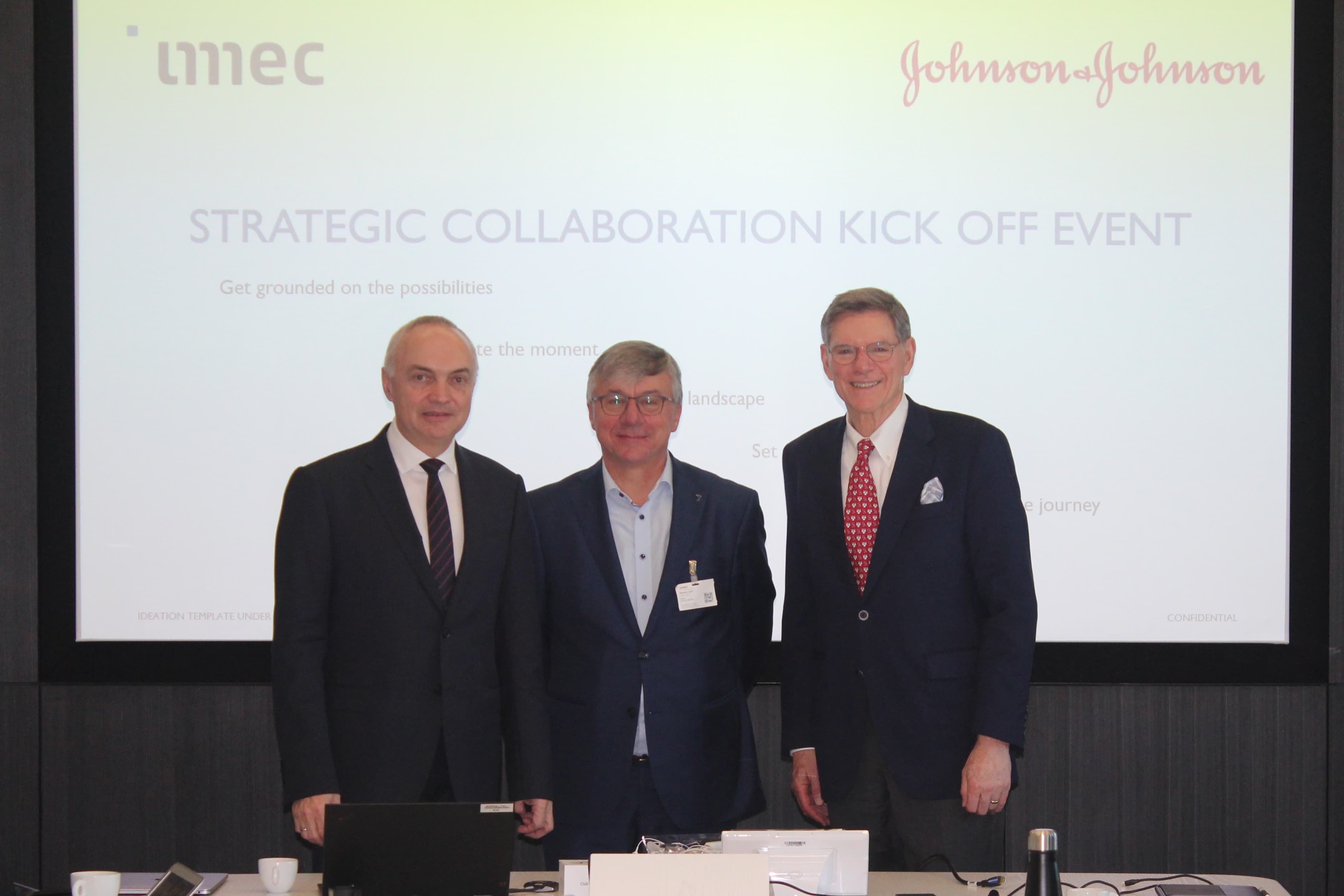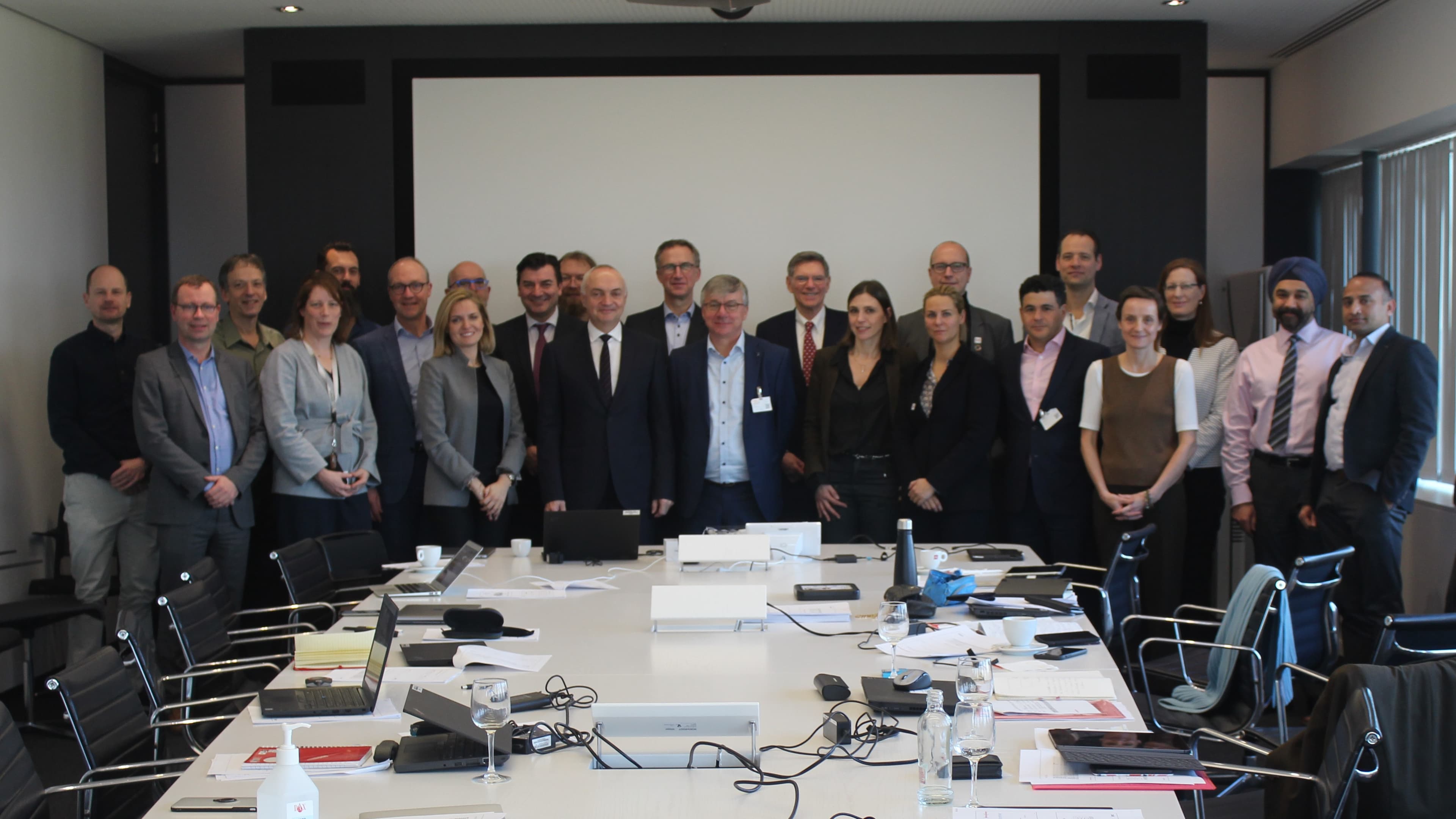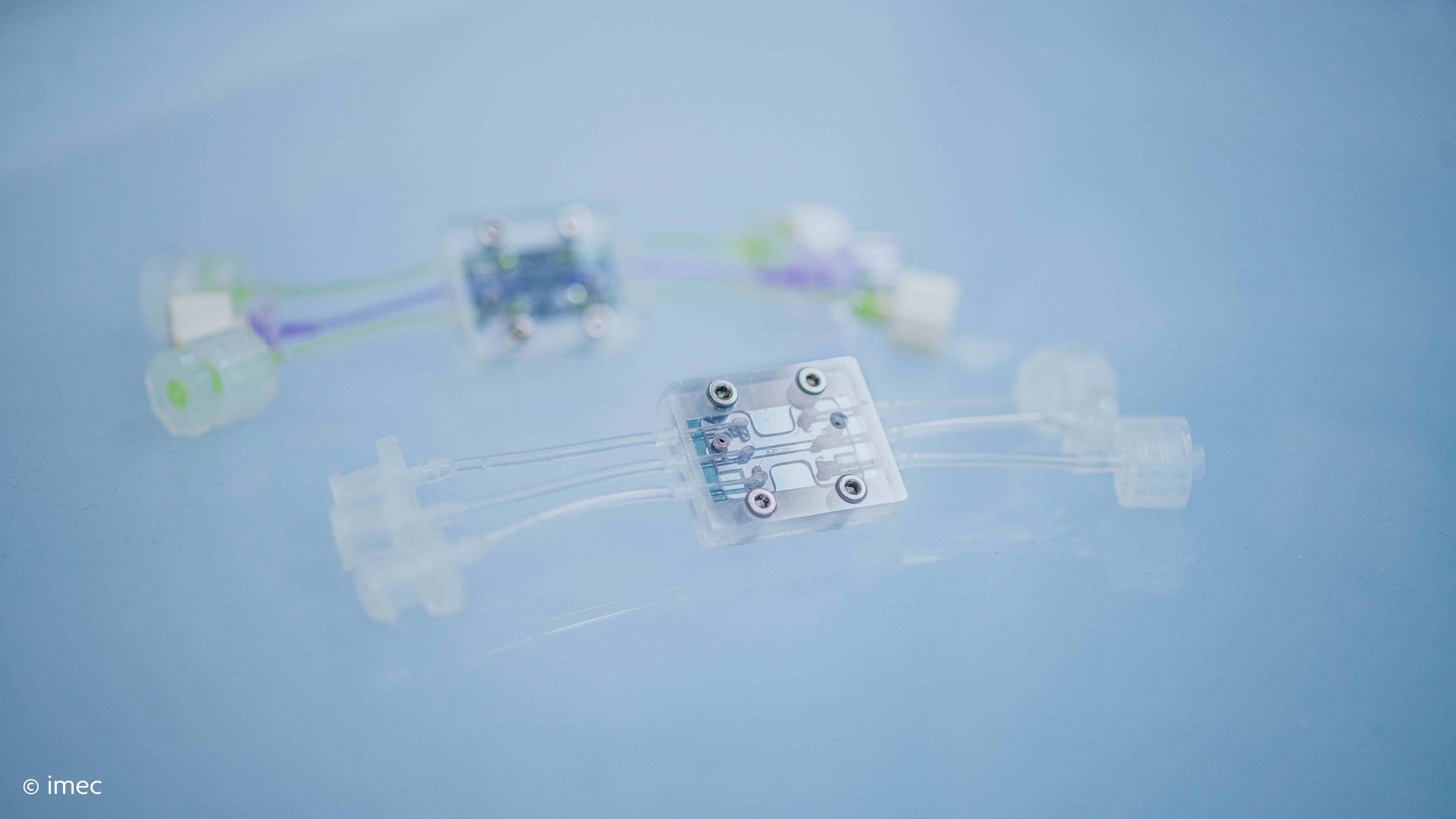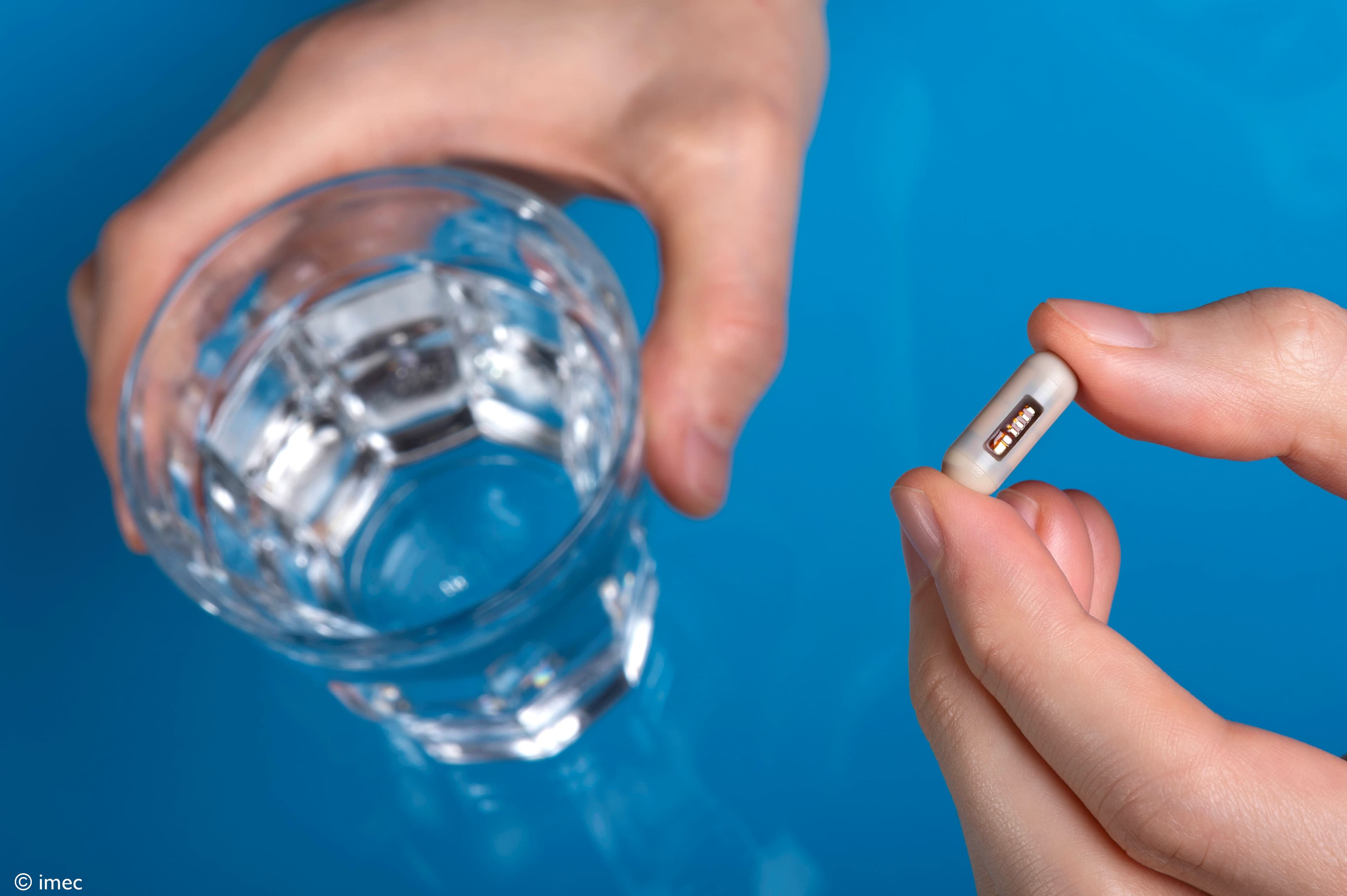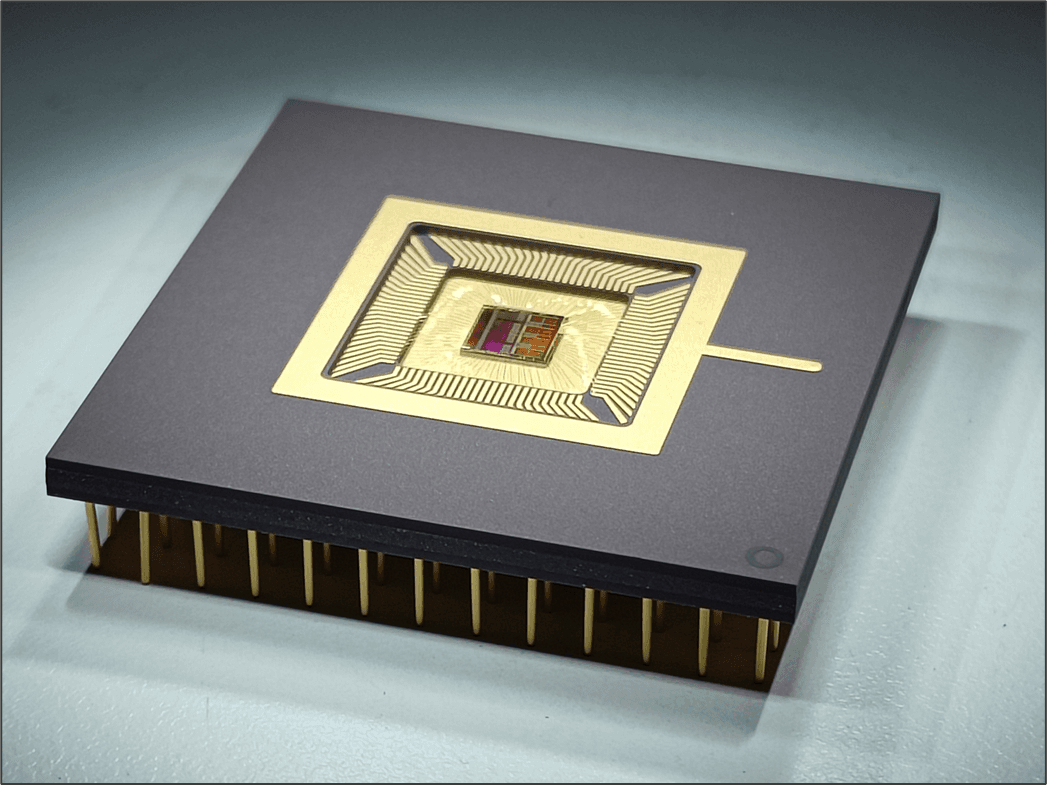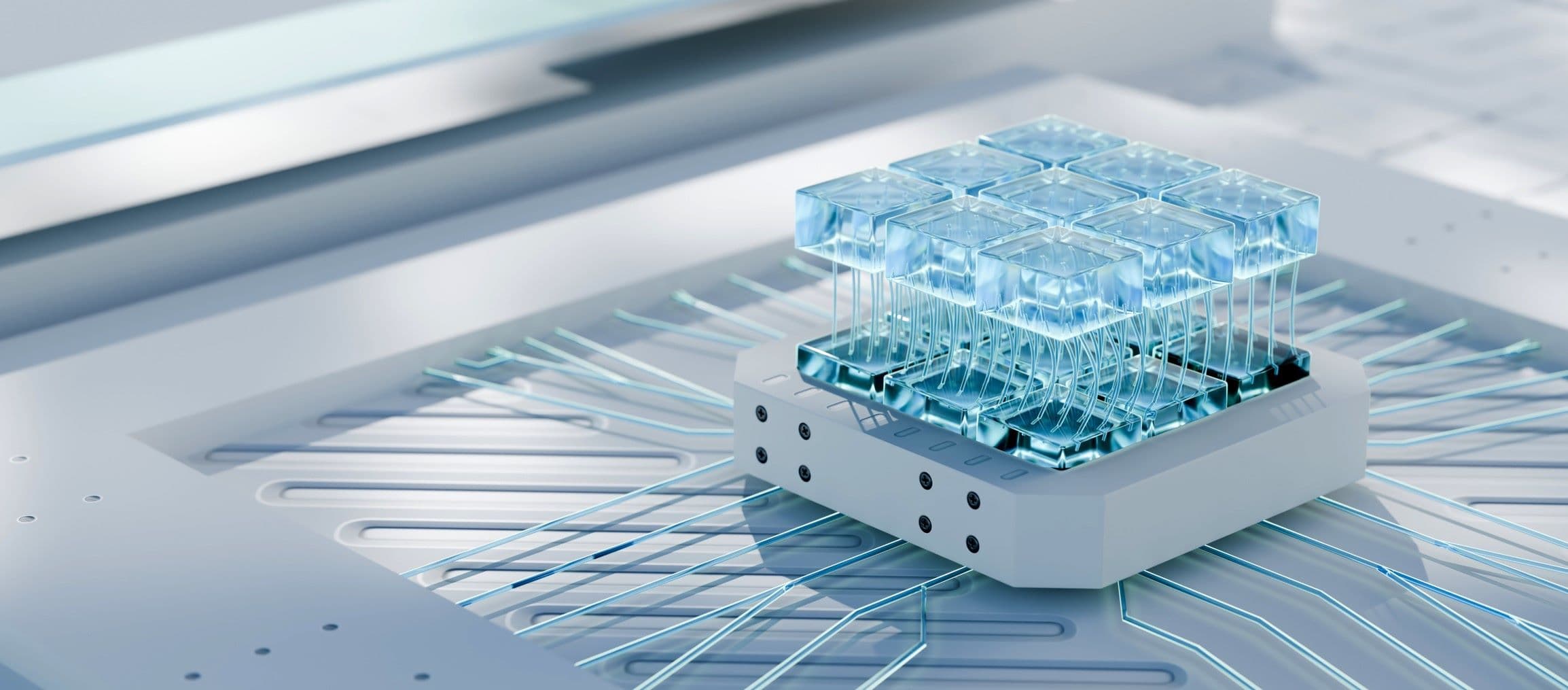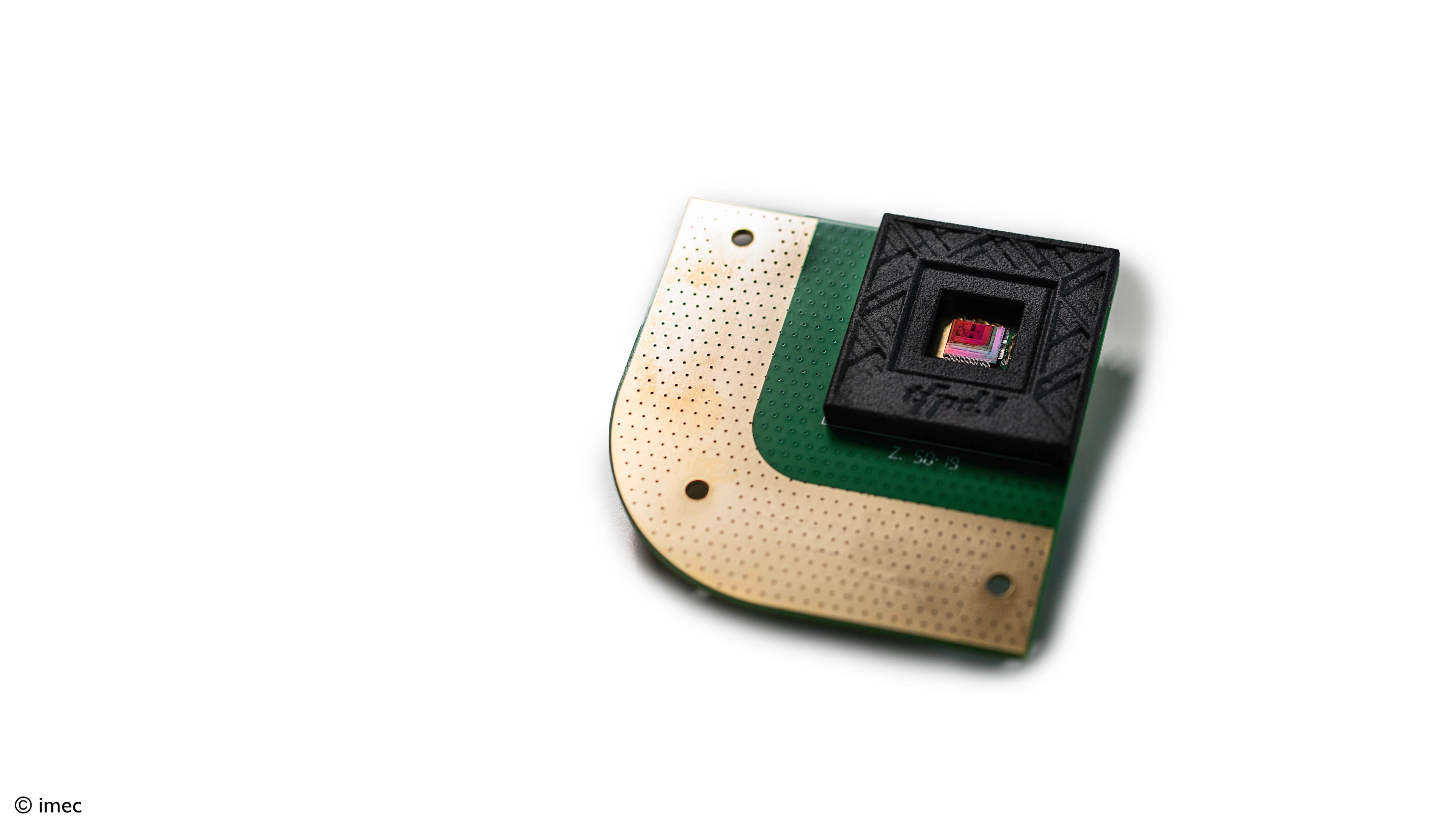Building on a number of previous and current joint projects, including developments in biosensing and AI-based data analytics, imec has entered a three-year strategic framework agreement to collaborate with Janssen Pharmaceutica NV, one of the Pharmaceutical Companies of Johnson & Johnson, to jointly investigate how nanoelectronics can advance the development of precision medicine solutions for disease prevention and interception, personalized diagnostics and patient-centric therapy. The agreement was facilitated by Johnson & Johnson Innovation.
Imec combines extensive chip manufacturing facilities and bio-lab infrastructure with world-renowned expertise in nanoelectronics, bio-electronics, sensors, photonics, microfluidics, biosciences and Artificial Intelligence. By combining our capabilities with those of major life-science companies, their scientific expertise, rigor and global reach, we have the potential to create novel solutions that change the lives of people around the world by preventing or intercepting disease before it manifests, and by being able to treat disease at much earlier stages when the outcomes are typically better.
Nanoelectronics can play a crucial role in the development of advanced precision medicine instrumentation and pave the way to tomorrow’s personalized healthcare: it can be manufactured at high volumes and low-cost and achieve ultrahigh precision and high resolution, as well as massive parallelization. There are numerous examples of how nanoelectronics can be utilized to transform the medical practice and the life sciences. The nanoelectronics platform lends itself to miniaturization, simplification and reduction of the cost of complex instruments such as microscopes or spectroscopes, without a loss in performance. Nanoelectronics might also enable shrinking lab functionalities into small labs-on-chip, and even integrating complete lab workflows on small biosensing devices that can scan blood or other fluids for diseases, all in only a fraction of the time that is needed with today’s instruments. Mini-versions of polymerase chain reaction (PCR) reactors can pave the way to fast and low-cost molecular testing, significantly expanding the reach of early disease diagnosis and effective personalized healthcare. Chip-based cell sorting technologies might also impact the way cell-based therapeutics will be manufactured in the future and lead to a lower cost, higher quality and reduced analysis time.
Published on:
6 February 2020



